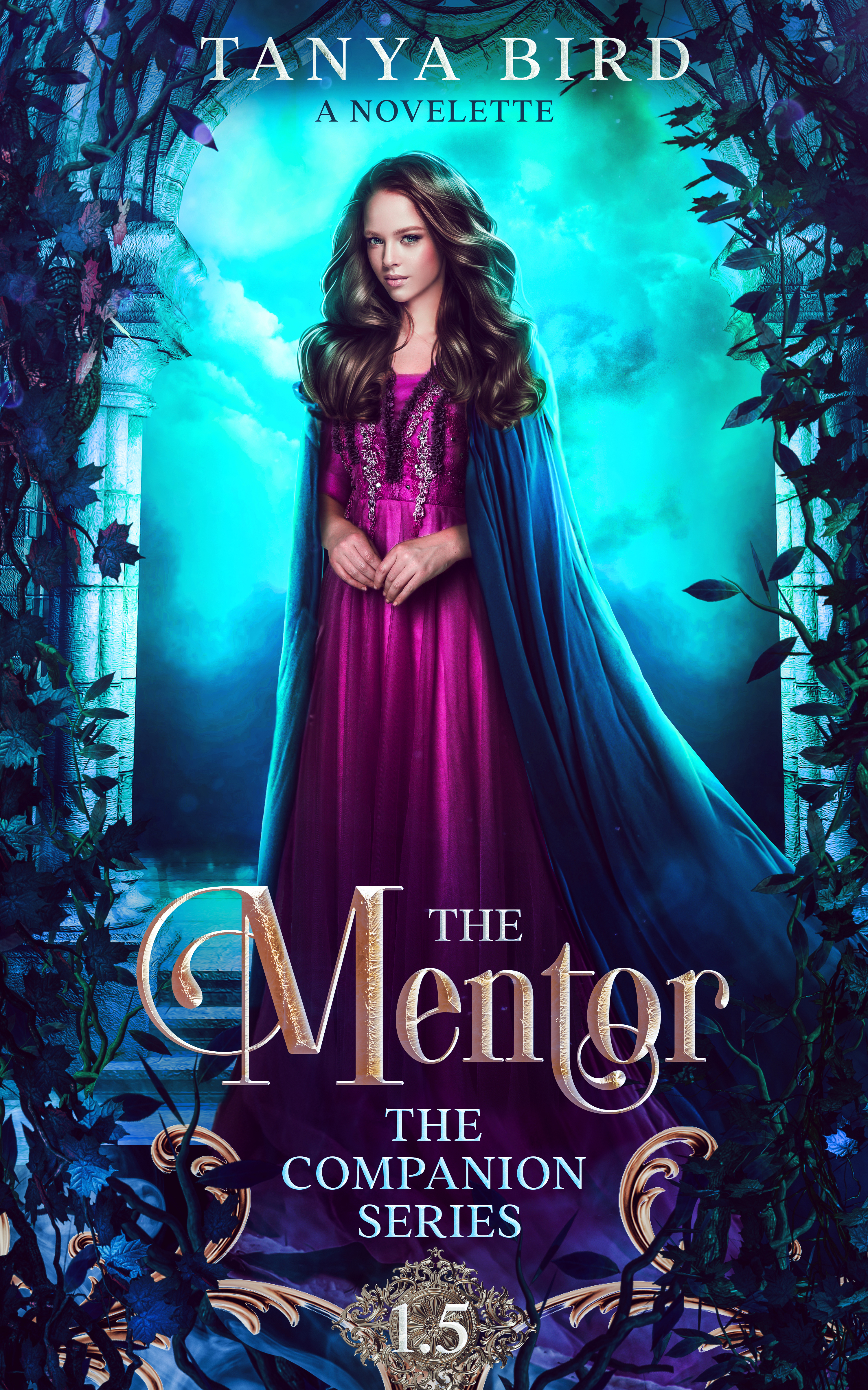
Want more?
Sign up to my newsletter for free books, updates, new release info and more:
I never spam and never pass on your email address. You can opt-out at any time. Read my privacy policy at: tanyabird.com/privacy-policy/

Sign up to my newsletter for free books, updates, new release info and more:
I never spam and never pass on your email address. You can opt-out at any time. Read my privacy policy at: tanyabird.com/privacy-policy/
Many writers have been there. You have poured your entire self into a piece of writing, only to be told ‘no thanks’, or worse, nothing at all. The rejection process is similar to that of grieving, but because writers have signed up for a lifetime of struggle, there are four more stages, and it takes much longer because you use it as writing material along the way.
If you are wondering why successful authors are always banging on about growing a thick skin, it’s because they know that a writer cannot survive without one. So if you are new to writing, here’s what to expect:
Stage 1 – Denial
This is when you tell yourself that the submission ended up in the wrong pile, that it went missing in the mail and was never received by the intended recipient, or that your cover page fell onto someone else’s manuscript. That they meant to say yes. You tell yourself anything that will keep the truth at arms distance.
Stage 2 – Sugar
You will start to notice pacing to and from the food cupboard. You will not be hungry, but you will have an unimaginable desire to gnaw. This instinct, combined with the mental energy consumed by your recent rejection, will drive you to sugary foods. Think of yourself as a suburban border collie who hasn’t been walked in a long time. A bag of lollies is the human equivalent of a Kong filled with Schmackos. It will minimise destructive behaviours while you are processing what has happened. Don’t fight it, but do brush well.
Stage 3 – Anger
After cutting open your own chest and baring its content to the very people who should care to see it, you have been rejected. An unsatisfactory response from a publisher will have you ranting away at unsuspecting friends and strangers for some time. There will be no muzzling you during this stage because the dangerous amounts of sugar you are consuming will fuel the crazy.
Stage 4 – Toast for dinner
At this point you are going to be completely burned-out by your anger (and probably insulin resistant from all the sugar). Your self-care regime will be kicked into the gutter with the manuscript that you will later reprint and apologise to. Accept that there will be a few nights weeks of poor-quality meals while you come to terms with how shit all people are.
Stage 5 – Bargaining
Maybe the manuscript was not a good fit for that publisher. Perhaps the timing wasn’t right for that genre. It’s possible that the editor was dealing with a personal issue and rejected everyone that day. These are some of the reasonable thoughts that may consume you while spreading vegemite on your dinner.
Stage 6 – Booze
Writers have enough voices in their heads. Rejection adds more dialogue than most writers’ mental health can handle. This is when you will likely hit the cheap vodka expensive merlot. Initially, it will bring some relief, nothing but the sound of the air buzzing in your ear. And then comes stage seven.
Stage 7 – Depression
The booze will eventually tip you over. You’ll start to question your place within the writing community. You’ll google things like, ‘the average salary of a writer’, ‘what percentage of books are published’, and ‘what will happen to my cat if I die’. Hold tight, you’re almost there.
Stage 8 – Rejection projection
This is the stage where you project your feelings of rejection onto all of your relationships. Friends who don’t immediately text you back will likely send you into a howling mess of even they don’t like me. Watch for other triggers too, like partners with ‘other plans’, babies crying when you hold them, and bartenders who serve you last. Eventually, those closest to you will call you out for being egotistical. They will deliver a much-needed ‘at least you have clean water and a roof over your head’ sermon which will enable you to move forward.
Stage 9 – Acceptance
This is the stage of withdrawal and calm. It is also a great time to write. As Robert Frost once said, ‘no tears in the writer, no tears in the reader’. So pick at those fresh scabs and get something onto paper. Before you know it, you’ll be a bestselling author advising struggling writers to grow a thick skin.
There you have it. Time to get those manuscripts polished and start bleeding.